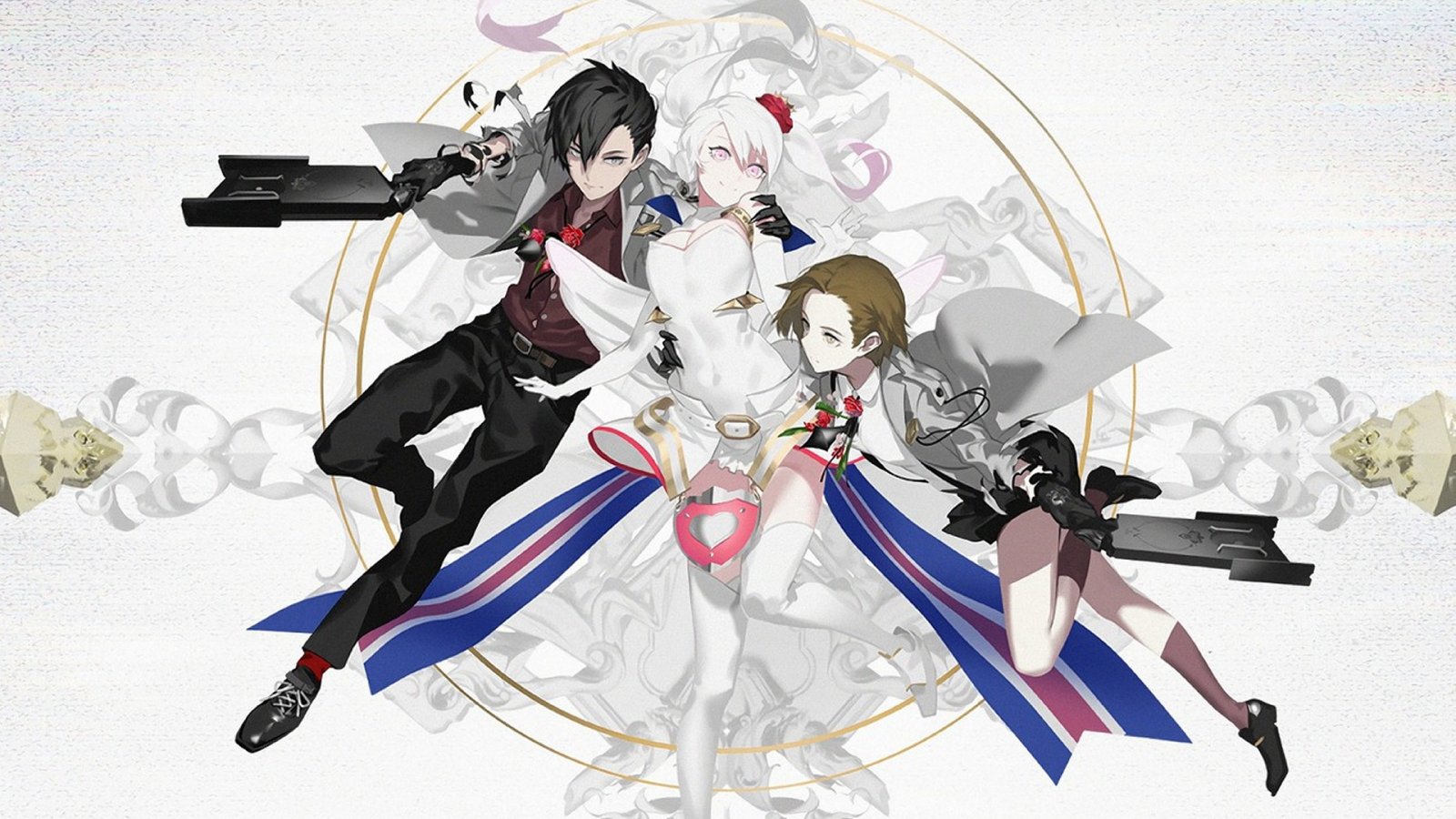Edited by: Jade Swann
The Caligula Effect: Overdose is a JRPG, where its initial charm of exploring a school while developing friendships with hundreds of classmates and how the combat seems piques intrigue. But, this intrigue gives way to a more repetitive and almost dull experience a bit too quickly, though it picks back up almost soon enough.
MAKING FRIENDS
The first feature of this title that caught my interest was the Causality Link (basically a gigantic and overwhelming system based around relationships with other classmates), which boasts over an astonishing five hundred students you may converse with and befriend. The purpose of this is an eventual benefit in combat, such as granting passive XP bonuses or a new skill altogether. Once you reach a certain affinity level threshold with another student, you may unlock details of their personal trauma. This grants the other students more depth. But, because of how uninteresting the dialogue is with these other students, further conversations feel predictable and aimless. After just a couple of hours, you may find yourself predicting with high accuracy what newly found students say before you talk with them. You may grow bored of the conversations and possibly even wonder why bother developing friendships at all before you come close to utilizing the benefits this system can offer. However, in the long-run, the benefits you receive are useful, so don’t write off this feature just yet.

Another way you may interact with other students is the WIRE system — your personal in-game cell phone. Need a quick break from exploring and combat? Chatting with others using the WIRE system produces more interesting conversations initially than chatting with them face-to-face. This feature is also practical: you can chat with whomever you want without having to find them; or, if you wish to converse with them in person, you can acquire information about where they’re located.
CHOOSE YOUR DIFFICULTY
Needing a break from combat in this release is understandable. There are a few difficulty options, from easy to extreme. I tend to enjoy more challenging difficulties in games, so I initially went with the hardest. The title wasn’t lying when it said that you’ll die immediately if you don’t fully know what you’re doing. The battles host a decent deal of strategy to learn if you wish to play at the higher difficulties, as properly strategizing greatly diminishes the time spent in battle. There are effective counters and combo sequences you may want to learn to help speed up combat. Some fights just drag. Luckily, you obtain more party members early enough that you don’t have to fight solo for long, but rely on the rest of your party to ensure a quick victory (even on hard, unless your opponents are a higher level than you). Still, if you want to focus primarily on progressing the story and exploring, the normal difficulty seems best for this. There’s a noticeable decrease in difficulty from hard to normal; an option in between would be nice so that battles don’t take too long but also aren’t a complete pushover. At least your HP and SP (which you use for skills) replenish after a battle, so you don’t have to worry much about managing these resources save for during a fight.
STRATEGY & EQUIPMENT

As your party grows, so does the depth of strategy The Caligula Effect: Overdose offers. With just one person to control, you can set what skills your character performs and when. After you set one action in your chain (and you can set multiple actions for a character during one turn), the game shows how the current chain of actions might play out. If you’re unhappy with this approximation (which isn’t always accurate), you can go back and change up your combo. With more party members, this process becomes more complicated with the timing and comboing. Some of your other characters’ skills are only effective when the enemy is downed or in the air. Fortunately, you can set them to auto, letting them perform whatever combo they want. This greatly decreases the amount of control you have as far as strategy goes, but for a majority of fights, this isn’t an issue anyway. Plus, this helps greatly diminish the time spent in a fight.
After a successful fight, you may stumble across equipment. It’s likely that after you find a few different pieces you like, the acquisition of new loot won’t excite you unless you find loot that’s more powerful than its base counterpart. After leveling, you acquire skill points; you may also obtain these through exploring (from Enigmas). Exploring areas is rewarding, but running into enemies when you just want to explore might dampen this experience. You can easily avoid enemies in most hallways, however. With skill points, you can purchase new skills for a character or level up existing ones. A decent portion of abilities are locked by what level you’re at currently. You don’t have separate skill points to distribute for each individual party member; rather, your party shares them.
TECHNICAL ASPECTS

There aren’t many graphical settings. Interestingly, you can increase the FPS limit to three hundred. There’s also an unlimited option, but this isn’t recommended according to the game. A few times playing this at the three hundred FPS limit would make my computer run a bit too hot for my comfort even though my specs exceed what’s recommended, but decreasing the FPS limit to about half the default limit fixed this (even despite increasing the 3D resolution scale). The application itself runs smoothly, even when it was at the default of three hundred FPS.
The Verdict: Good
The Caligula Effect: Overdose features an interesting setting with a unique combat system. But, for all its uniqueness, you might find yourself wanting to get through battles as fast as you can. That said, exploring and making use of the Causality Link system might offset any tedium you might experience with the combat. If you’re a fan of JRPGs, this title is worth a look.


